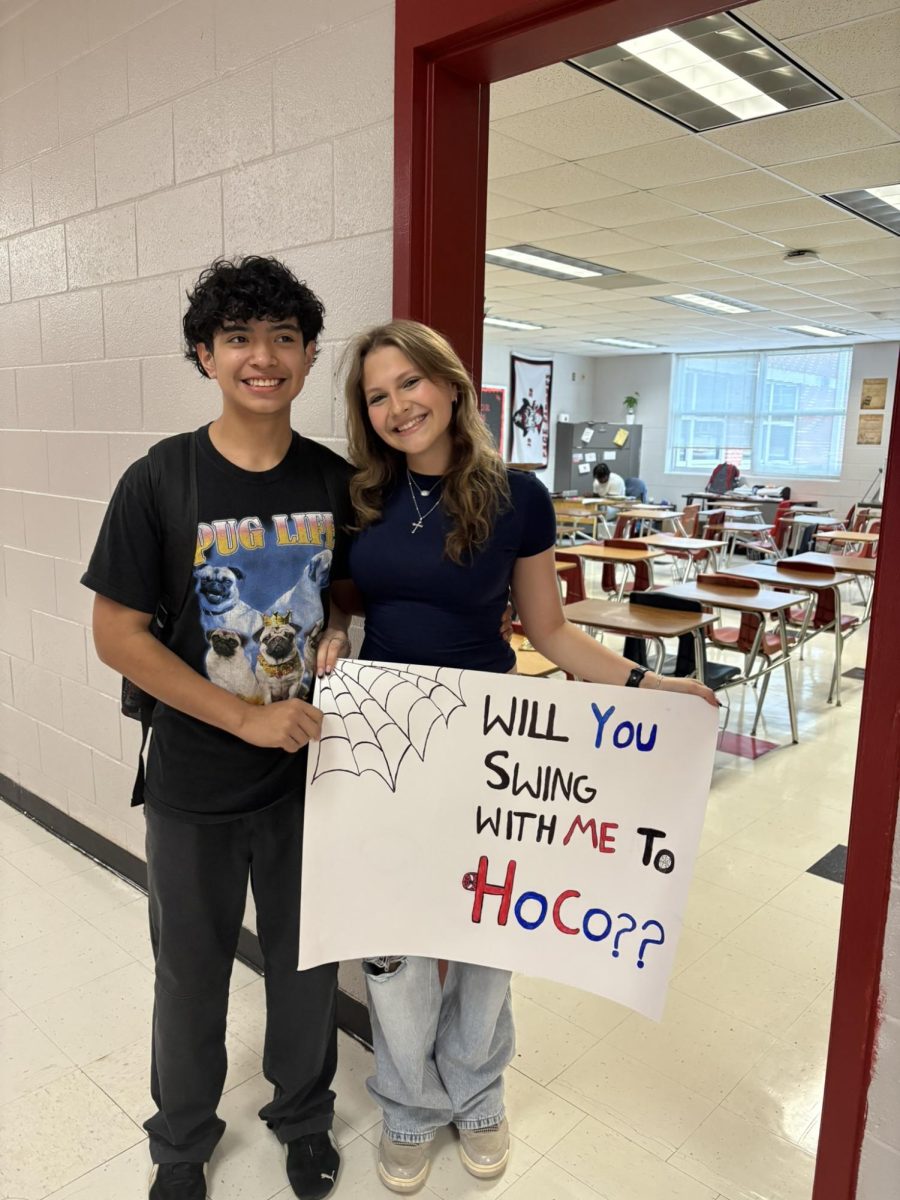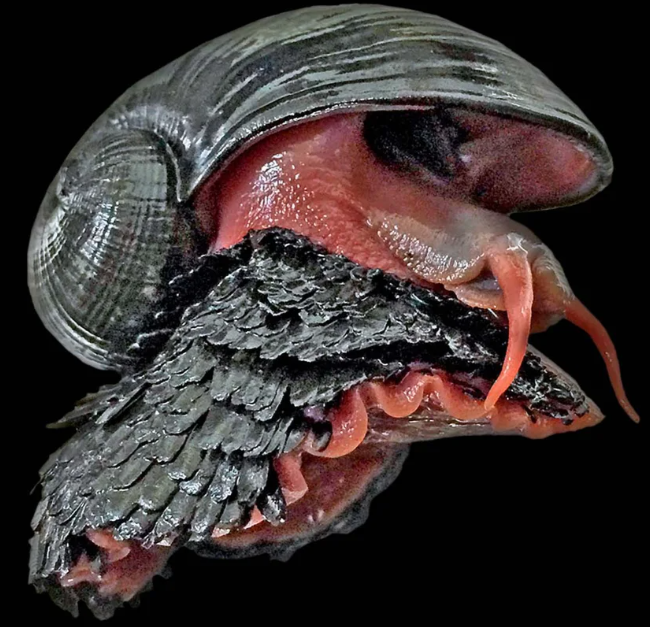College athletics are a billion-dollar industry, yet the players who fuel this empire often receive nothing more than scholarships. While scholarships do cover tuition, housing, and a few other expenses, they are not enough to match the level of work, sacrifice, and risk that student-athletes commit every day. College athletes are essentially working full-time jobs — with hours of daily practice, traveling across the country for games, maintaining strict training schedules, and still trying to manage a full course load. Meanwhile, universities, television networks, and athletic brands make millions, all while the athletes themselves see none of that revenue.
Some argue that scholarships are sufficient because they provide students with a free education. But that claim overlooks the real financial struggles many athletes face. Scholarships often don’t cover personal expenses, family needs, or the cost of living during summer training when classes aren’t in session. Additionally, student-athletes risk injuries that could end their careers and their scholarships instantly. Unlike professional athletes, they often have no financial safety net if that happens. It is unfair that the very institutions that profit off their talents offer them so little protection.
Moreover, not every student-athlete becomes a professional athlete. The majority never get the opportunity to play professionally after college, meaning their time in college is the peak of their athletic career. During that peak, they should be fairly compensated for the millions of dollars they help generate. Allowing college athletes to earn a salary, endorsements, or sponsorships would not only help them support themselves financially but would also respect their role in driving a massive entertainment industry. Recently, new laws allowing athletes to profit off their name, image, and have started to move in the right direction, but the system is still uneven and not all athletes benefit equally.
Opponents fear that paying athletes could harm the “amateur spirit” of college sports. However, the idea of amateurism is outdated when college sports have clearly become professional in every way except how they treat the players. Coaches, athletic directors, and universities earn millions — often becoming the highest-paid public employees in many states. If the people in charge are treated as professionals, why shouldn’t the athletes be?
Paying athletes would also help fix inequalities between sports programs. Star football and basketball players bring in most of the revenue that supports other college sports. Sharing even a small portion of that income with the athletes themselves would be a step toward a more just and equitable system.
In the end, college sports would not exist without the athletes. They put their bodies and futures on the line for their schools, their fans, and the businesses that profit from their games. It’s time the NCAA and universities recognize that reality. College athletes deserve to be paid fairly — not just with scholarships, but with real financial compensation for the value they bring to their institutions and to American culture.
















